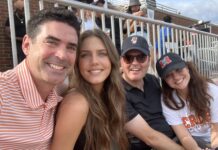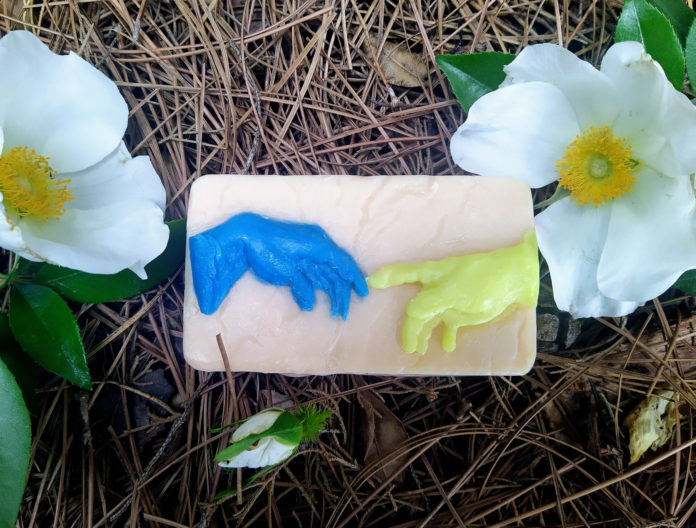
A Mercer University professor raising money for Ukrainian refugees now is offering a way to directly help three families driven out of their homes during the Russia-Ukraine war.
The mothers and their daughters are staying in Poland with a friend and the family of Dr. Ania Rynarzewska, assistant professor of sports marketing and analytics in the Stetson-Hatcher School of Business. Ukraine’s government has prohibited most men from leaving the country in case they are needed to fight.
“I’m trying to raise money because they literally had nothing. They came with little bags. It’s not like they came with everything they had,” Dr. Rynarzewska said. “My community in Poland is helping with clothes donations and some stuff like this, but I’m trying to donate some money to improve their quality of life while they’re there.”
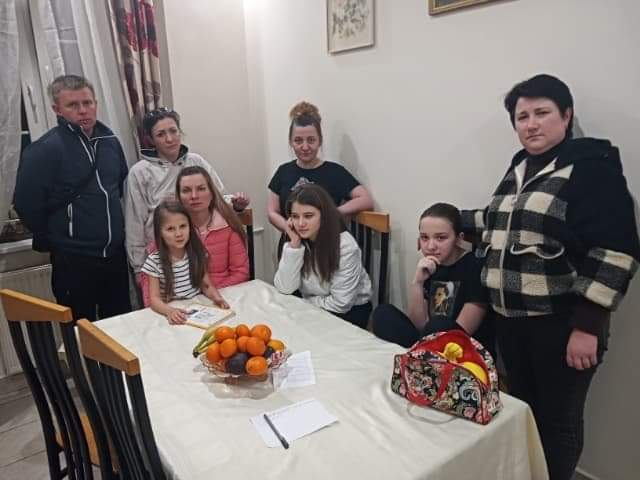
Dr. Rynarzewska, who owns Lux Leonis Skin Care, has been selling a special sunflower soap and candle to benefit refugees through the Polish Red Cross. Since launching the fundraiser on Feb. 27, she has sold close to 400 bars of soap and candles combined and donated $2,000 to the Polish Red Cross, with more donations to come.
Now, she’s also offering a soap featuring two hands reminiscent of Michelangelo’s “Creation of Adam” on the ceiling of the Sistine Chapel. One hand is blue, and the other is yellow, both colors of the Ukrainian flag. Proceeds from this fundraiser will go directly to the refugees that Dr. Rynarzewska’s family is helping, she said. Products for both fundraisers can be purchased at luxleonisskincare.com.
The refugees are from Bashtanka, a small town of about 12,000 in southern Ukraine. Russian forces began shelling the town on March 1.
One of the women, who lost her home in the shelling, shared the refugees’ story in a letter, which Dr. Rynarzewska translated from Polish to English.
They were scared, she wrote. Faced with the destruction around them, they felt they had no choice but to run if they wanted to survive. The men walked the women and children to the train station to say goodbye, maybe for the last time.
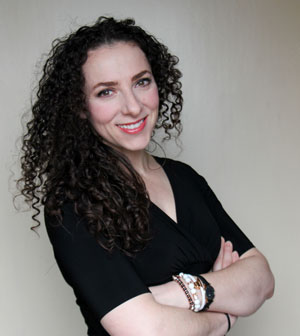
The families traveled six days by train through Romania, Hungary and Slovakia before arriving in Poland. The paid $100 for the trip, in which they rode packed trains in standing-only conditions, the woman wrote.
When they arrived at the Polish border, they waited for help from volunteers, who provided free food and transportation. They continued their travels through Poland, finally arriving in Inowroclaw, Dr. Rynarzewska’s hometown.
One family is staying with Dr. Rynarzewska’s sister, another with her parents and another with a friend. Dr. Rynarzewska said her family is preparing her grandparents’ former apartment, which is not currently lived in, to host the refugees.
“I know that for the Ukrainian families, it means a lot, but it’s been good, too, in a sense that my family feels like they are taking a part. They’re doing the right thing,” she said.
The United Nations estimates more than 10 million Ukrainians have fled to bordering countries, with Poland taking in over 2.9 million refugees, according to a BBC news report on March 29.
Her grandfather was a train conductor during World War II, and her grandmother was forced to work in a German work camp.
“My mom told me that when my grandmother was in the work camp, it was the women — Polish, Ukrainian women — who stuck together helping each other to survive the war,” Dr. Rynarzewska said. “So, we’re kind of doing this now, just on a very different level. We just became a new home.
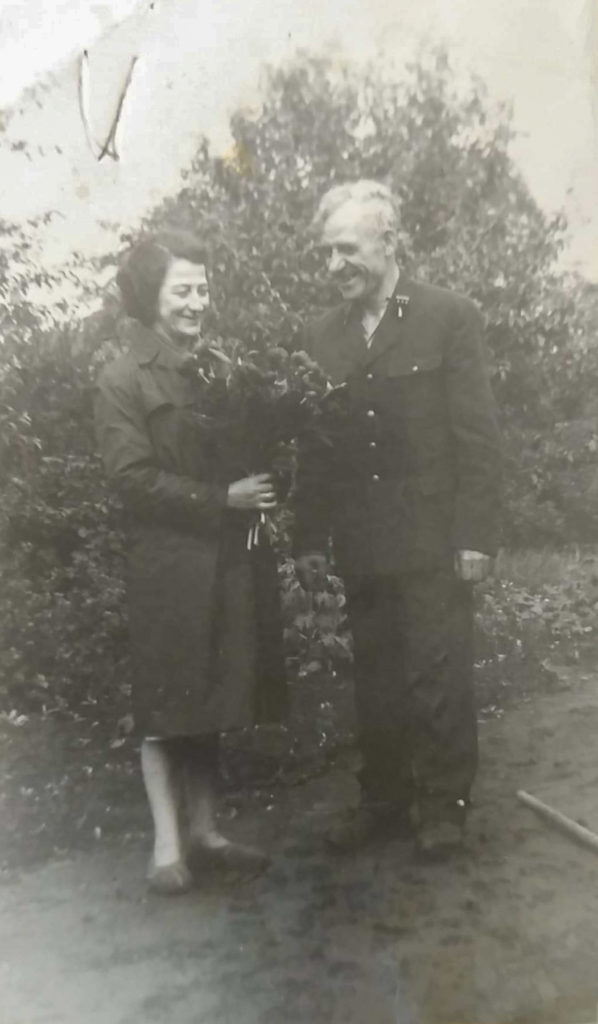
“We’re doing something rather than just watching this happen and let others take the responsibility.”
Dr. Rynarzewska’s grandmother nearly died in the work camp, but the kindness of a German doctor saved her life, she said.
“She got really, really sick, and they thought that she actually died … and so they put her in the morgue,” she said.
When her grandmother got up, “the nun who saw her just thought she saw a ghost,” Dr. Rynarzewska said. Instead of sending her back outside, the German doctor put her in the kitchen to work.
“She was warm, and he helped her recover, and that’s how she survived the war,” Dr. Rynarzewska said.
The story just goes to show that there are good people on both sides of the war, she said.
For people wondering if their donations help, Dr. Rynarzewska said they do.
“These people cry, not just because they’ve been saved but also because they see care from other people. It’s people who destroyed their lives. But just to see that there are other people who are there to help them, that they care for who they are, helps to restore faith in humanity,” she said. “I think that is the most important part.”

